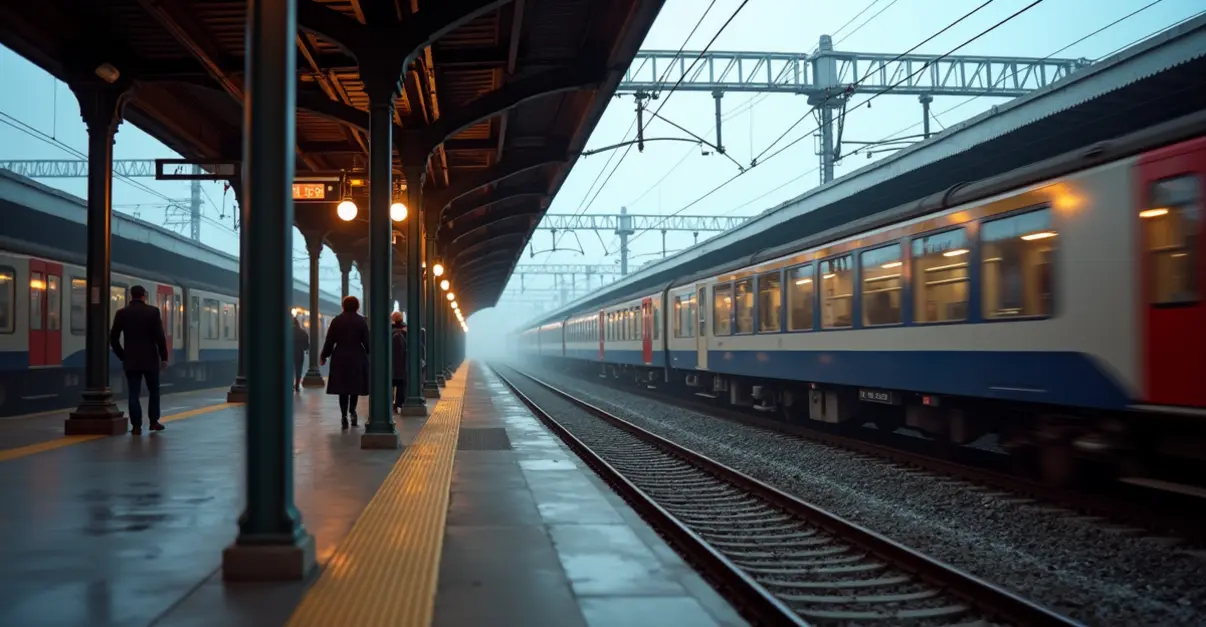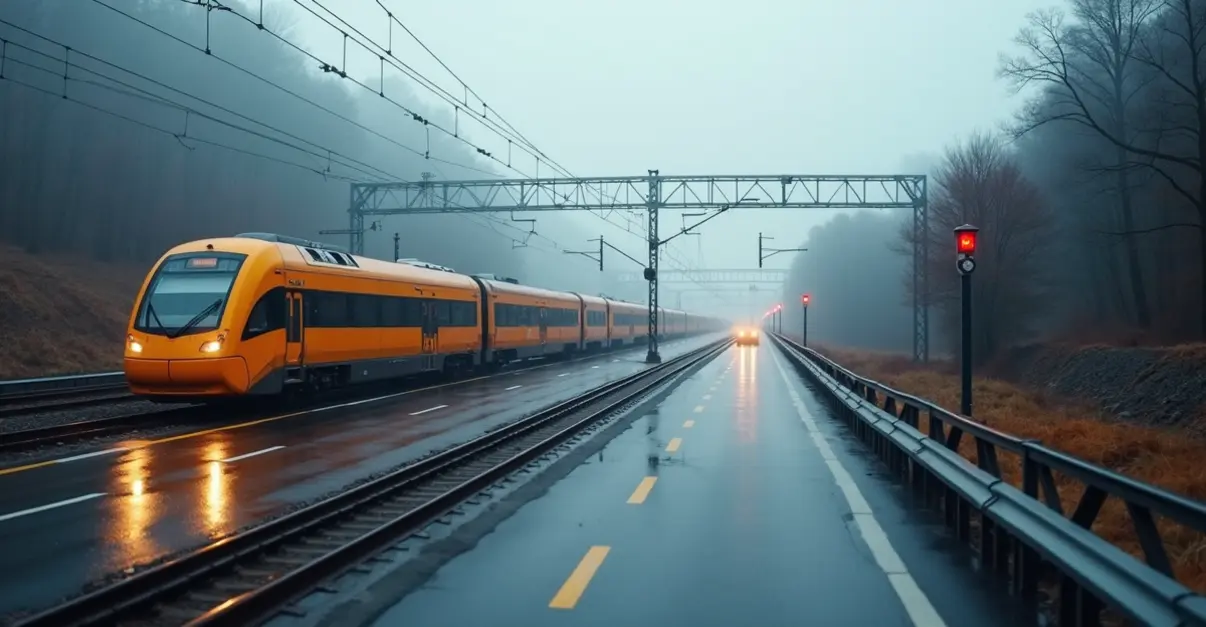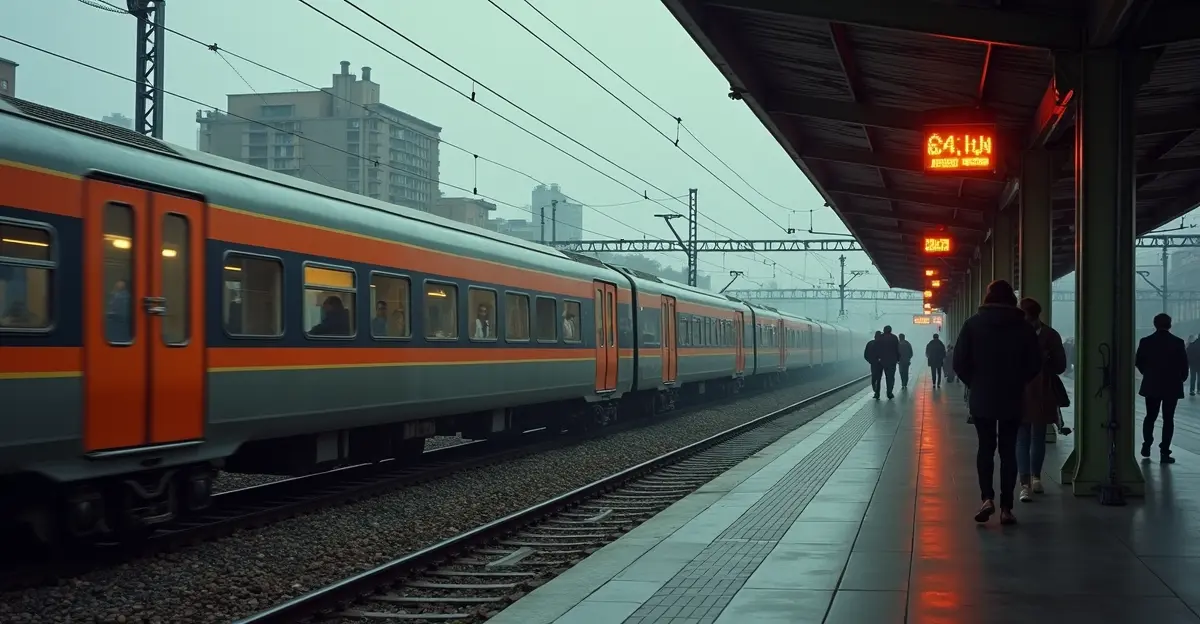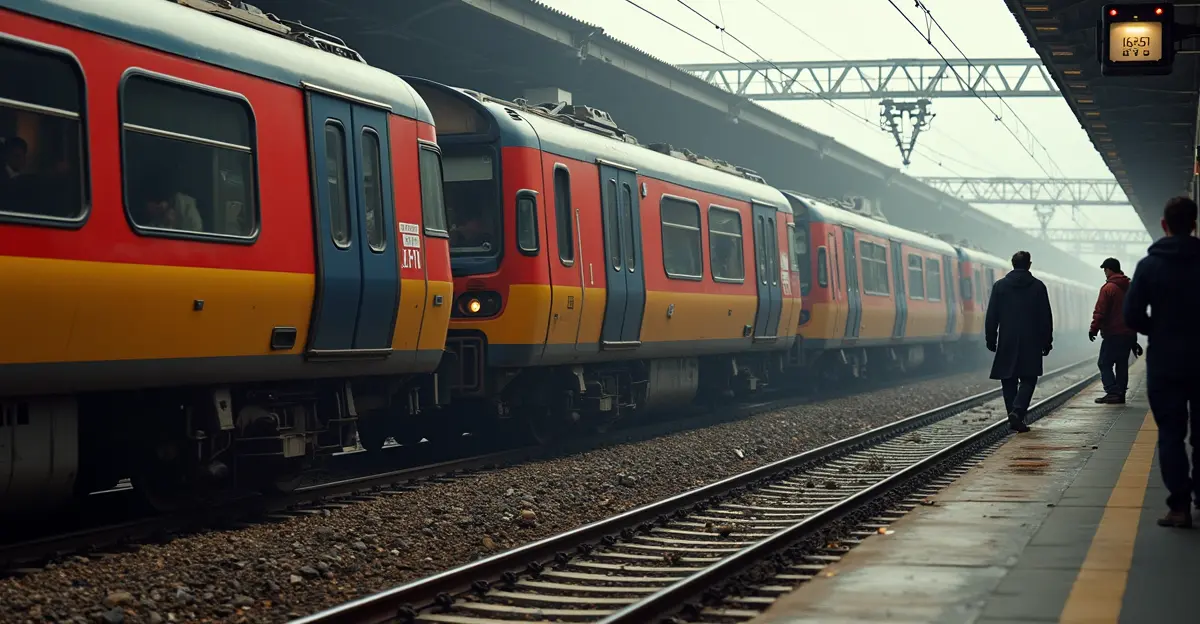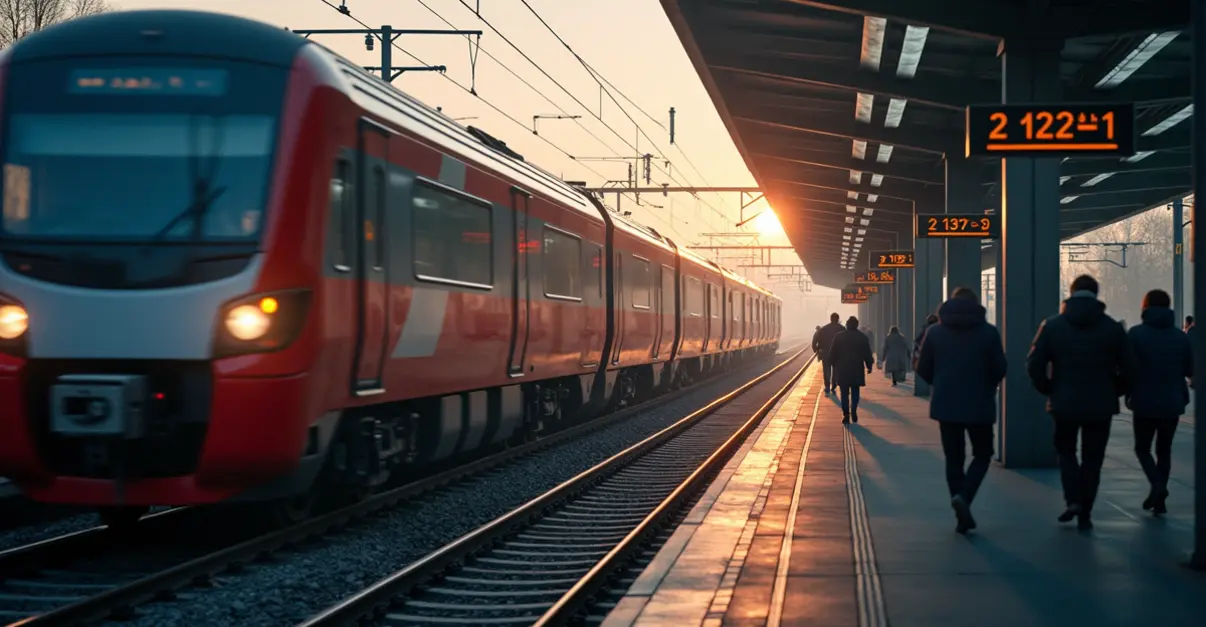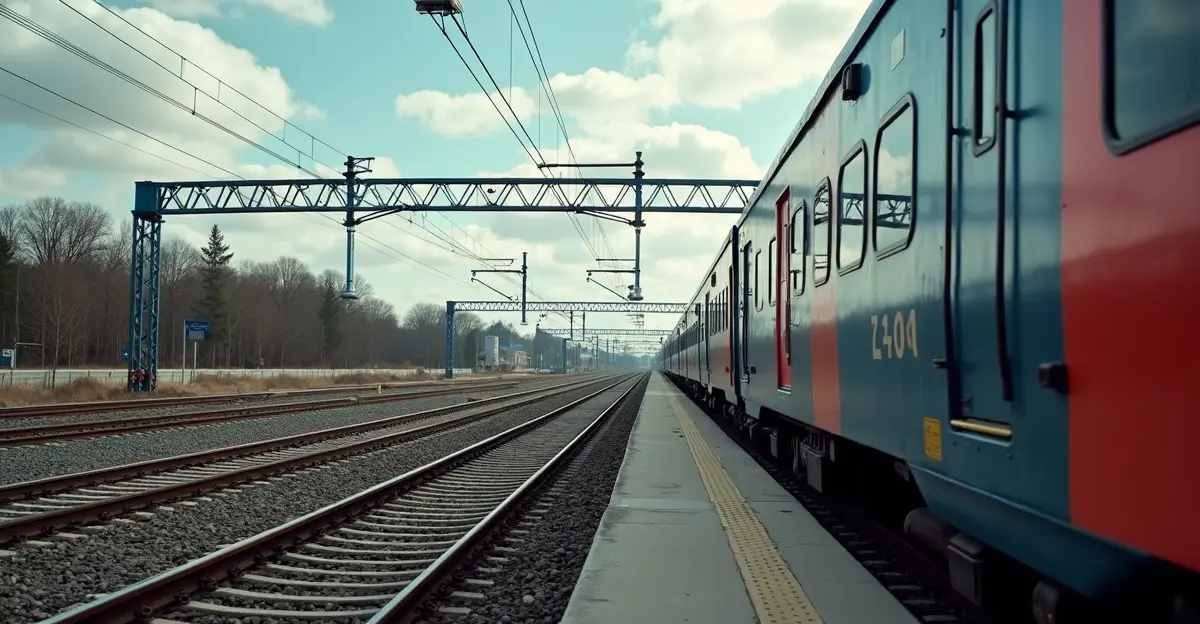Germany's Railway Crisis Reaches Breaking Point
Germany's national railway system, Deutsche Bahn, is facing its worst punctuality crisis in history. This summer, only 56 percent of long-distance trains arrived on time, marking a historic low for Europe's largest railway network. The situation has become so dire that German Transport Minister Volker Wissing has declared a state of emergency for the country's rail infrastructure.
The Generalsanierung Strategy
The German government has unveiled a massive renovation plan called "Generalsanierung" (general renovation) to address decades of neglect. Over the next decade, more than 40 high-speed rail corridors will undergo complete reconstruction. Rather than applying temporary fixes, the strategy involves tearing out entire sections of track and rebuilding them from the ground up.
"We're cutting the track into six-meter sections and removing them completely. Further down the line, we're rebuilding the rail embankment, and behind that, new tracks are already being laid," explains project manager Felix Steffen during a site visit between Berlin and Hamburg.
Billions in Investment
The federal government is committing tens of billions of euros to what officials describe as a "marathon of renovations." The first completed project between Frankfurt and Mannheim, costing €1.5 billion, has already shown promising results with 27 percent fewer delays after 100 days of operation.
Root Causes of the Crisis
According to railway expert Professor Birgit Milius from Berlin Technical University, the problems stem from years of misguided policies. "The wrong things were done for too long. Expensive components like switches and passing tracks were removed to make the company economically attractive for a stock market listing that never happened," she explains.
The German rail network suffers from severe overcapacity issues, with freight, long-distance, and local trains all sharing the same tracks—unlike countries like France and Spain that maintain separate high-speed networks.
Passenger Frustration
Travelers have grown accustomed to significant delays. "Two to three hours delay has become normal," complains a student at Berlin's main station. Another passenger adds, "I doubt it will be fixed in my lifetime. You need to have plan B, plan C, and plan D ready when traveling across the country."
The renovation program faces challenges including severe staff shortages in both operations and construction, which are driving up costs and extending timelines. Despite the massive investment, experts warn that achieving 90 percent punctuality remains a "very long-term" goal.

 Nederlands
Nederlands
 English
English
 Deutsch
Deutsch
 Français
Français
 Español
Español
 Português
Português
